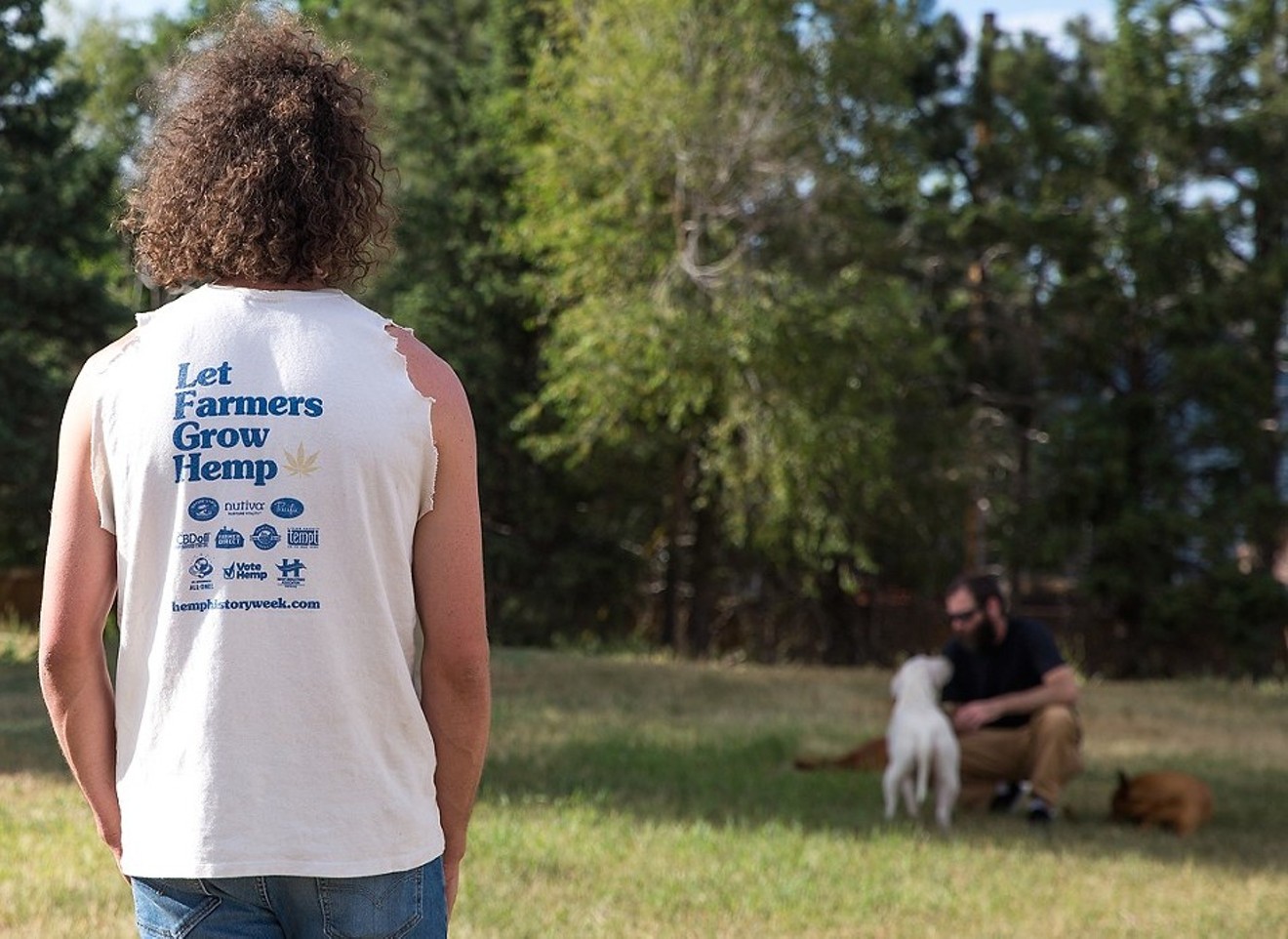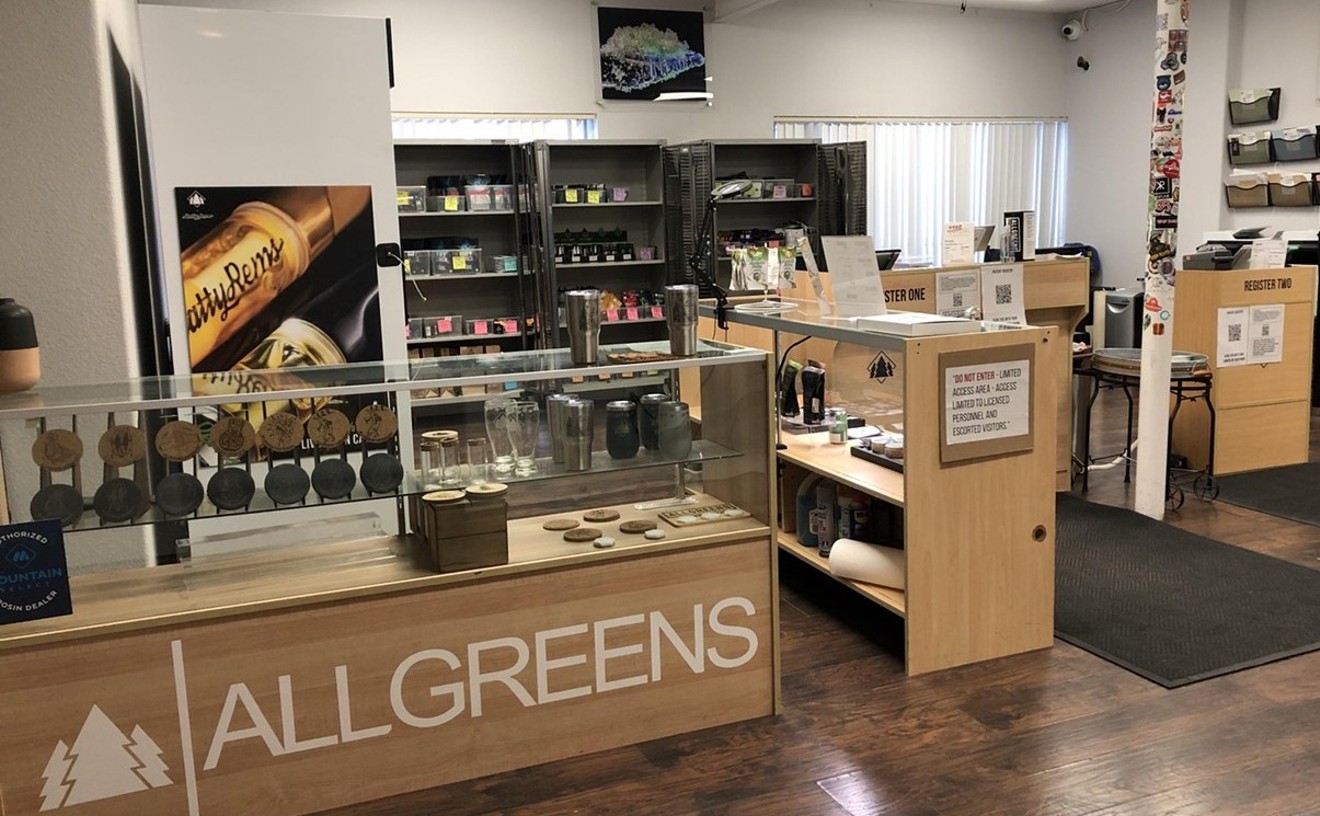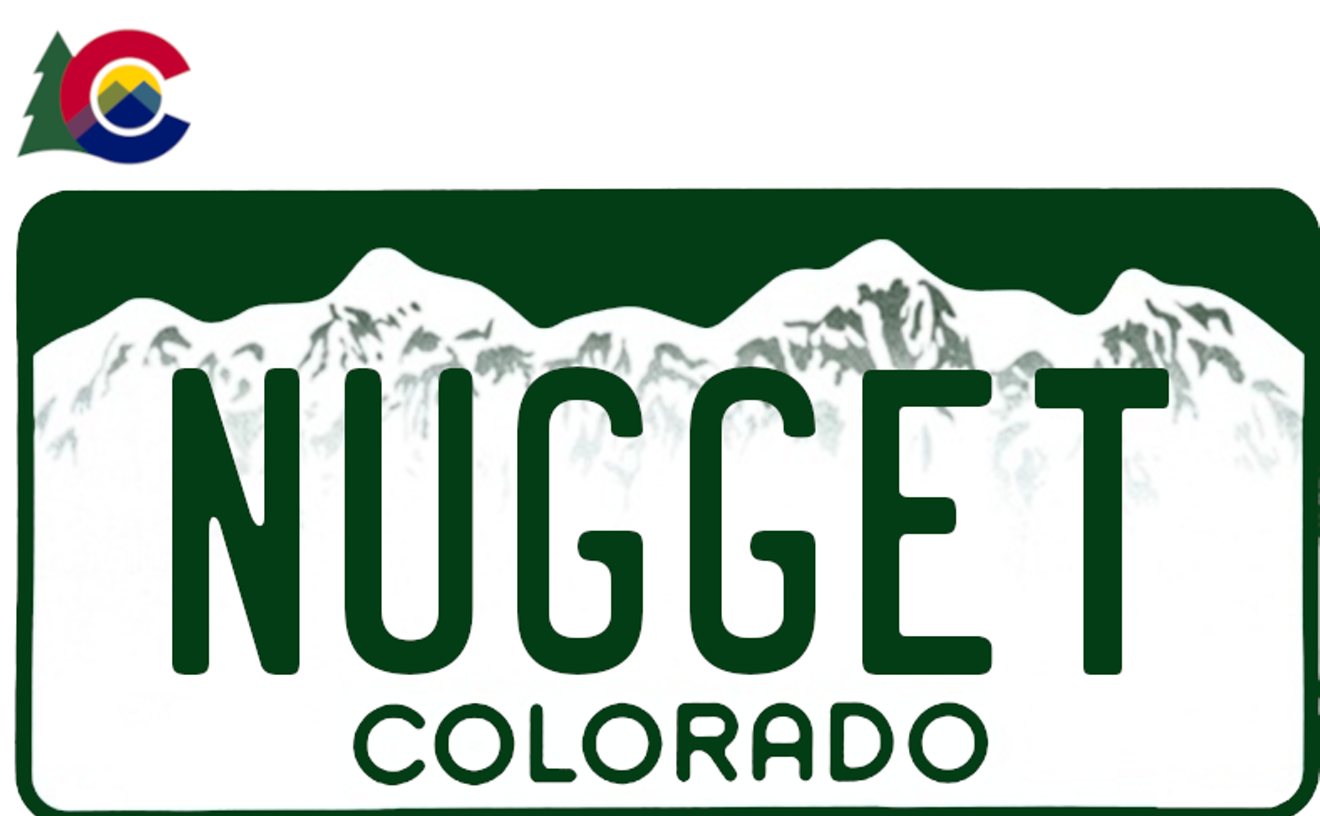The Colorado Department of Agriculture has submitted a state hemp regulation plan for federal approval, requesting numerous tweaks to proposed United States Department of Agriculture rules around hemp sample testing and discipline for farmers whose plants go over the 0.3 percent THC limit.
In a letter sent to USDA Secretary Sonny Perdue on June 16, CDA Commissioner Kate Green unveiled a list of requests and proposed rules for hemp farming in Colorado set to take effect on November 1. If approved by the USDA, Colorado's new hemp framework would govern the 2021 farming season.
"As one of the nation’s longest tenured and leading hemp producers, Colorado is an innovating force in the regulation and development of this burgeoning agricultural commodity," Greenberg writes in her letter to Perdue. "The plan provides a robust framework to advance Colorado’s thriving hemp industry while addressing the specific concerns and requirements laid out by the USDA in a manner that best works for Colorado and its hemp producers."
The 2018 Farm Bill legalized industrial hemp farming nationwide, giving states nearly two years to craft their own agricultural regulations pending USDA approval. If a state chooses to allow hemp farming but doesn't create its own regulations or the proposal is rejected, then the USDA's rules would govern hemp farmers in that state.
Colorado lawmakers, agriculture regulators and hemp farmers have been peppering the USDA with public pleas for less restrictive rules since the department's interim hemp rules were released in October 2019, criticizing the Drug Enforcement Administration's involvement in THC potency testing and the required destruction of any hemp that tests for over 0.3 percent THC, as well as unclear language about where hemp will be stored between harvest and testing.
In Colorado's proposal, hemp farmers would have their plants tested at independently certified hemp testing labs instead of those certified by the DEA, and those whose plants test above 0.3 percent but less than 1 percent would largely be protected from criminal charges, unlike the USDA's rules, which are more open to criminal violations, according to hemp industry attorneys.
“With our experience administering a hemp program in Colorado for the past five years, we were able to bring together leaders with expertise in every link of the hemp supply chain to help us understand the challenges we face in helping the industry to grow,” CDA Industrial Hemp Program Manager Brian Koontz says in a statement sent out with the letter.
The CDA proposal also pushes more detailed hemp rulemaking to future state stakeholder groups led by the CDA instead of statutory language implementation, and provides the CDA commissioner with more power and flexibility during disciplinary actions. The stakeholder rulemaking process would be similar to recent meetings held by the Colorado Hemp Advancement and Management Plan, a group of hemp farmers, industry members, lobbyists and government officials credited with crafting most of the CDA's proposals.
[
{
"name": "Air - MediumRectangle - Inline Content - Mobile Display Size",
"component": "12017618",
"insertPoint": "2",
"requiredCountToDisplay": "2"
},{
"name": "Editor Picks",
"component": "17242653",
"insertPoint": "4",
"requiredCountToDisplay": "1"
},{
"name": "Inline Links",
"component": "18838239",
"insertPoint": "8th",
"startingPoint": 8,
"requiredCountToDisplay": "7",
"maxInsertions": 25
},{
"name": "Air - MediumRectangle - Combo - Inline Content",
"component": "17261320",
"insertPoint": "8th",
"startingPoint": 8,
"requiredCountToDisplay": "7",
"maxInsertions": 25
},{
"name": "Inline Links",
"component": "18838239",
"insertPoint": "8th",
"startingPoint": 12,
"requiredCountToDisplay": "11",
"maxInsertions": 25
},{
"name": "Air - Leaderboard Tower - Combo - Inline Content",
"component": "17261321",
"insertPoint": "8th",
"startingPoint": 12,
"requiredCountToDisplay": "11",
"maxInsertions": 25
}
]












